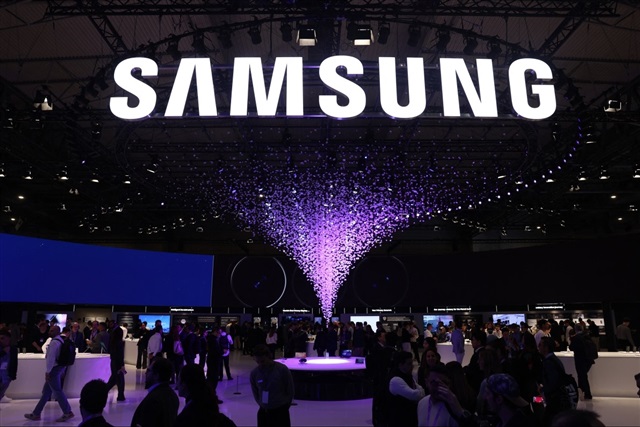
Samsung Electronics is accelerating the expansion of its Pyeongtaek semiconductor campus in South Korea, aiming to establish the site as a core production base for next-generation AI memory. The company's fifth fabrication plant, P5, is scheduled to begin operations in 2028 and will support the long-term supply of high-bandwidth memory (HBM) and advanced DRAM used in AI servers and data-center infrastructure, according to Yonhap and Munhwa
On March 4 local time, the White House will host a signing ceremony that could influence the direction of global AI competition. Technology and AI leaders, including Amazon, Meta, Microsoft, Google, xAI, Oracle, and OpenAI, are scheduled to gather in Washington to sign the Ratepayer Protection Pledge
Lens Technology said SSDs assembled for enterprise NVMe storage supplier DERA have entered mass shipment at its facility in the Xiangtan Economic and Technological Development Zone, marking the company's expansion into the high-end data center storage supply chain
Demand from Nvidia and Apple has intensified shortages of high-end glass fiber cloth used in IC substrates, driving broad price increases for related materials and squeezing profit margins for copper clad laminate (CCL) suppliers. Japanese materials makers have recently taken the lead in raising prices, shifting rising costs downstream to customers and end markets
China-based CMOS image sensor (CIS) supplier SmartSens Technology has notified customers of price increases, stating that from March 1, 2026, prices for its smart security and AIoT product lines will rise by 10% or 20%, depending on the upstream wafer foundry manufacturing the products
The US is moving to bar federal agencies from buying certain semiconductors tied to major China-based chipmakers, widening procurement restrictions even as memory shortages and rising prices strain electronics supply chains
With the semiconductor industry entering a supercycle and reporting record earnings, Samsung Electronics and SK Hynix are preparing to launch large-scale semiconductor hiring
During German Chancellor Friedrich Merz's visit to China, the most closely watched stop was Hangzhou-based Unitree Robotics. Footage showed Merz standing with arms crossed, nodding and reacting with visible surprise to a humanoid robot's martial arts demonstration
